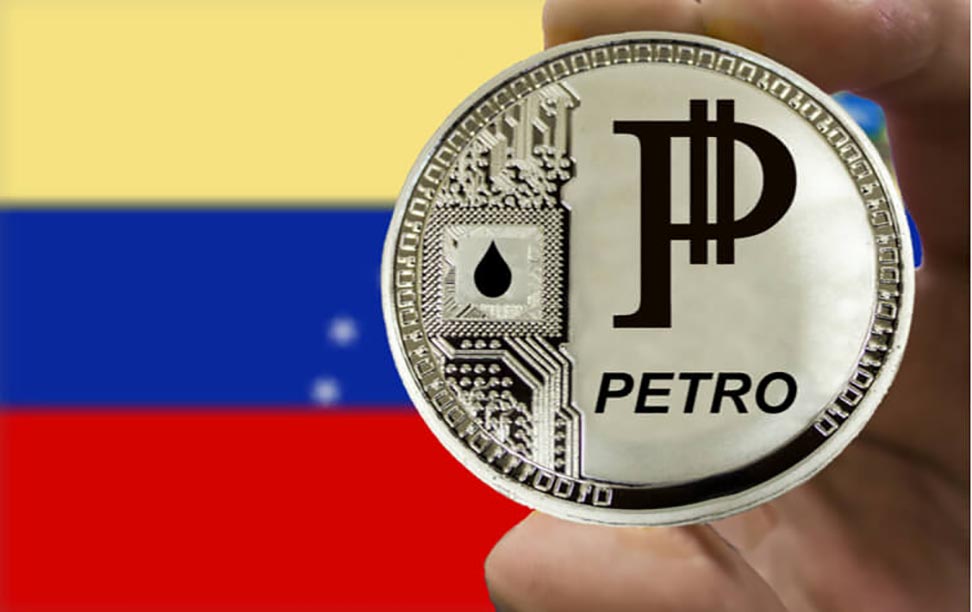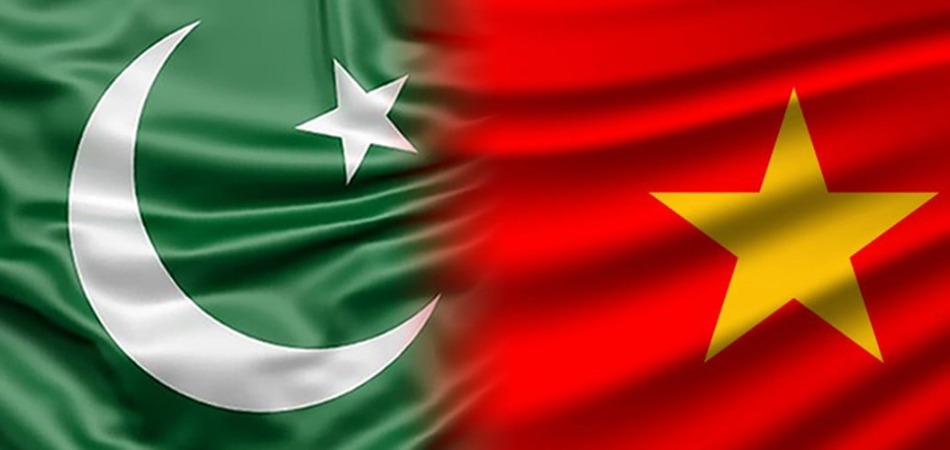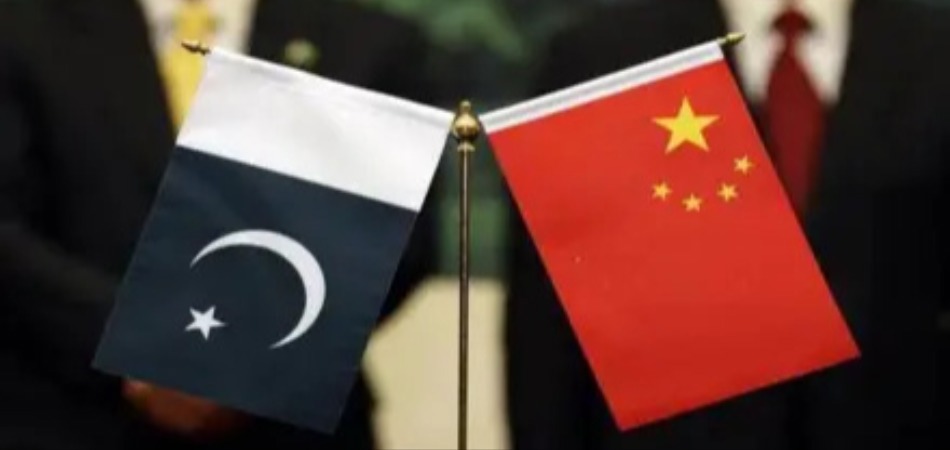Duty free access crucial for Pakistani products compete in EU market, European Parliamentary Committee

By MG News | February 21, 2018 at 12:11 AM GMT+05:00
European Parliamentary Committee’s second biennial review of 10 beneficiaries’ of European Union’s GSP+ concluded here in Brussels today in which the committee agreed to deliberate upon possibility of scaling up relationship with Pakistan from Generalized System of Preferences plus (GSP+) scheme to an Free Trade Agreement (FTA) partner.
A meeting of International Trade Committee (INTA) was held in Brussels at the European Parliament to discuss the 2nd Biennial Assessment Report of GSP+. The Parliament expressed satisfaction on the progress achieved by Pakistan in enacting new laws and developing new institutions for implementation of 27 core conventions of GSP+ specially the National Action Plan for Human Rights. The parliament hoped that Pakistan would continue to engage with the EU and ensure to bridge implementation gaps during the next two years of reporting on GSP+. The Committee on International Trade also agreed to deliberate upon possibility of up-scaling relationship with Pakistan from a beneficiary of GSP+ Scheme to an FTA partner in future. The process of monitoring of compliance of GSP+ for next biennial assessment report for 2018-2019 would start in March 2018 by the European Commission.
Mohammad Younus Dagha, Secretary Commerce had travelled to Brussels to follow developments with regard to on-going deliberations by the EU Parliament and to undertake necessary engagements with policy makers in European Parliament, European External Action Service and European Commission. He attended the meeting of EU’s Committee on International Trade (INTA) on 20th February, 2018 and will also make a presentation to the European Council tomorrow on Pakistan’s case for retaining GSP+.
During the discussions that took place in the meeting of INTA, the Committee noted the positive economic impact of the GSP+ scheme on the beneficiary countries and it has been useful in encouraging countries to undertake necessary steps for promoting principles of good governance and sustainable development. European Commission and the European External Action Service had prepared a Joint Staff Document evaluating steps taken by the beneficiary countries to comply with UN Conventions pertaining to human rights, labor rights, narcotics control and corruption. The section pertaining to Pakistan appreciated legislative and institutional measures undertaken to improve the Human rights regime in Pakistan. It specifically appreciated establishment of National Human Rights Commission and National Action Plan for Human Rights among other measures.
During the session it was announced that GSP+ monitoring missions shall undertake visits to Pakistan, Philippines, Kyrgyzstan and Bolivia in second half of 2018 to interact with stakeholders engaged in implementation of mandatory conventions for GSP+. Pakistan is one of the 10 beneficiaries of EU’s GSP+ Scheme. As a result of duty free access available to Pakistan in 28 member states Pakistan’s exports to the EU have increased from 4.54 billion Euros in 2013 to 6.29 billion Euros in 2016 which implies an increase of 38%. This duty free access has been crucial for Pakistani products to maintain their competitiveness in the EU market vis-à-vis similar products originating from India, Turkey, Vietnam and China. Ms. Naghmana Hashmi, Ambassador of Pakistan to the EU and Mr. Omar Hameed, Economic Minister of Pakistan to the EU also accompanied Mr. Mohammad Younus Dagha, Secretary Commerce in the meeting of INTA committee.
The primary objective of the Generalized System of Preference, commonly called GSP is to contribute to the reduction of poverty and the promotion of sustainable development and good governance. Tariff preferences in the EU market enable Developing Countries to participate more fully in international trade and generate additional export revenue to support implementation of their own sustainable development and poverty reduction policy strategies.
Related News
| Name | Price/Vol | %Chg/NChg |
|---|---|---|
| KSE100 | 125,627.31 258.99M |
1.00% 1248.25 |
| ALLSHR | 78,584.71 1,142.41M |
1.16% 904.89 |
| KSE30 | 38,153.79 69.25M |
0.63% 238.06 |
| KMI30 | 184,886.50 91.38M |
0.01% 13.72 |
| KMIALLSHR | 53,763.81 554.57M |
0.54% 290.61 |
| BKTi | 31,921.68 33.15M |
1.78% 557.94 |
| OGTi | 27,773.98 9.65M |
-0.40% -112.21 |
| Symbol | Bid/Ask | High/Low |
|---|
| Name | Last | High/Low | Chg/%Chg |
|---|---|---|---|
| BITCOIN FUTURES | 107,645.00 | 107,860.00 107,555.00 |
-590.00 -0.55% |
| BRENT CRUDE | 66.63 | 67.20 65.92 |
-0.17 -0.25% |
| RICHARDS BAY COAL MONTHLY | 97.00 | 97.00 97.00 |
1.05 1.09% |
| ROTTERDAM COAL MONTHLY | 107.65 | 107.65 105.85 |
1.25 1.17% |
| USD RBD PALM OLEIN | 998.50 | 998.50 998.50 |
0.00 0.00% |
| CRUDE OIL - WTI | 64.91 | 65.02 64.83 |
-0.20 -0.31% |
| SUGAR #11 WORLD | 16.19 | 16.74 16.14 |
-0.52 -3.11% |
Chart of the Day
Latest News
Top 5 things to watch in this week
Pakistan Stock Movers
| Name | Last | Chg/%Chg |
|---|
| Name | Last | Chg/%Chg |
|---|



